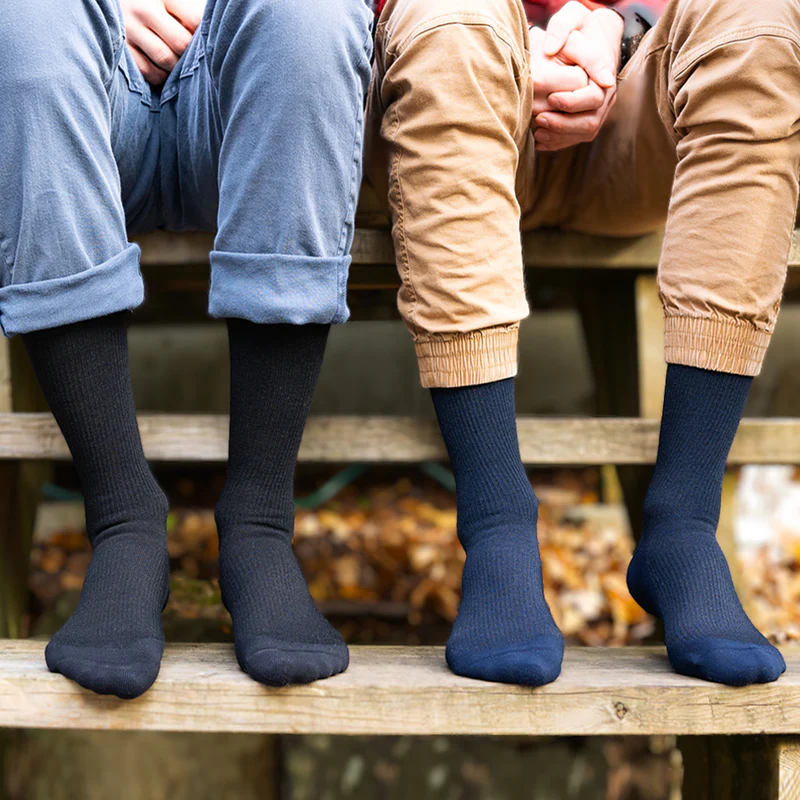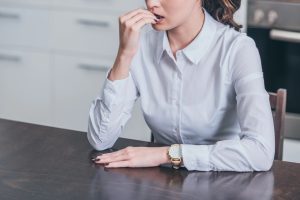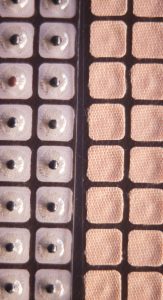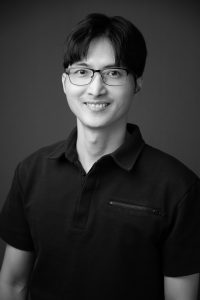
Compression Stockings: Benefits and Who Can Benefit from Them
19th March 2025
 What is anxiety disorder?
What is anxiety disorder?About 5-7% of people suffer with generalized anxiety disorder (GAD), which is a prevalent type of chronic anxiety. It can affect up to 63.3% of women following menopause, making it particularly common in women 1. There was a significant increase in the number of GAD sufferers in 2019 during the COVID-19 pandemic 1. The severity of these symptoms increased during the pandemic, and GAD can occasionally result in bipolar disorder if other mental health conditions are present 1.
Primary Symptoms 2,3 :
According to a recent study, acupuncture can help treat generalized anxiety disorder (GAD). Stress and anxiety are common problems for people with GAD 1,2. According to the study, acupuncture may be a quicker, less harmful treatment option for anxiety problems than medicine. Patients find acupuncture to be safer and more tolerable than certain medications. This is the reason why more people with GAD are using acupuncture instead of medicine 1,2.
Additionally, studies indicate that acupuncture may help lessen anxiety in a variety of contexts, such as anxiety before surgery, and anxiety associated with depression. Even immediately following therapy, it has been demonstrated to lessen anxiety and enhance memory. For instance, acupuncture recipients made 36% fewer math mistakes and scored 9.5% higher on exams, which is noteworthy because anxiety frequently impairs performance in cognitive skills like reading, math, and memory-related activities 3.
Traditional Chinese Medicine, that uses acupuncture as one of its tools, is believed to balance body’s energy (called “qi”) by stimulating certain points on the body 1,2 . This treatment uses fine needles or gentle pressure to help reduce pain, support body’s healing process and release natural chemicals.

Research indicates that acupressure or acupuncture may be able to reduce anxiety symptoms. Ear seed therapy is an easy, painless method that helps people relax without the need for medicines that cause side effects4.
Acupuncture helps in the following ways to reduce anxiety 1,2:
Reference
1. Li M, Liu X, Ye X, Zhuang L. Efficacy of acupuncture for generalized anxiety disorder: A PRISMA-compliant systematic review and meta-analysis. Medicine. 2022 Dec 9;101(49):e30076.
2. Acupuncture Calms Anxiety Disorder research [Internet]. HealthCMi. 2014 [cited 2024 Oct 5]. Available from: https://www.healthcmi.com/Acupuncture-Continuing- Education News/1256-acupuncture-calms-anxiety-disorder-new-research
3. Bussell J. The effect of acupuncture on working memory and anxiety. Journal of acupuncture and meridian studies. 2013 Oct 1;6(5):241-6.
4. Benisek A. What are ear seeds? [Internet]. WebMD; 2023 [cited 2024 Oct 8]. Available from: https://www.webmd.com/balance/ear-seeds-what-to-know
Author: Krupa Patel (BA Health Sciences, SFU), Under the guidance of Dr Dr Andrew Chung.

Dr. Andrew’s daily practice focuses on addressing a wide range of health concerns, including pain, sports injuries, stress, insomnia, depression, skin issues, and women’s health, among others. In his approach to patient care, he frequently incorporates diverse therapeutic modalities to ensure optimal results. Acupuncture, herbal medicine, gua sha, cupping, and trigger point therapy represent just a selection of the methods he employs in his practice.
Furthermore, Dr. Andrew serves as an instructor for VaCC, imparting his expertise to third-year TCM students. Presently, he is based at the Evergreen Clinic in Langley and Surrey.
Dr. Andrew possesses a strong educational background and extensive training, including:
* Bachelor of Science (B.Sc) degree from Yonsei University.
* Graduated with Honors in Acupuncture (D.Ac) from PCU College.
* Graduated with a Doctor of Traditional Chinese Medicine degree at Tzu Chi International College of Traditional Chinese Medicine.
* Registered Acupuncturist (R.Ac.).
* Registered Doctor of Traditional Chinese Medicine (Dr.TCM)